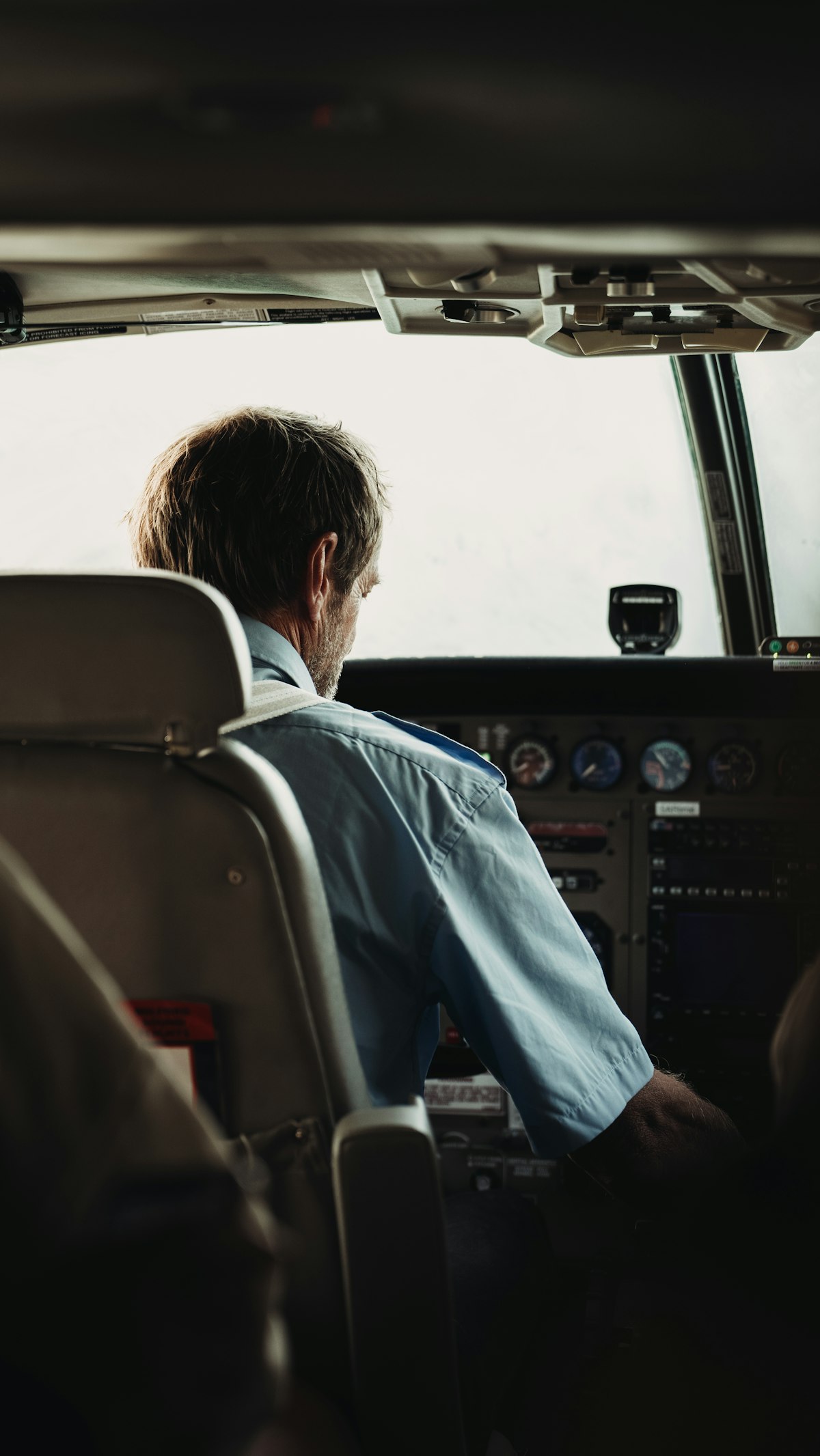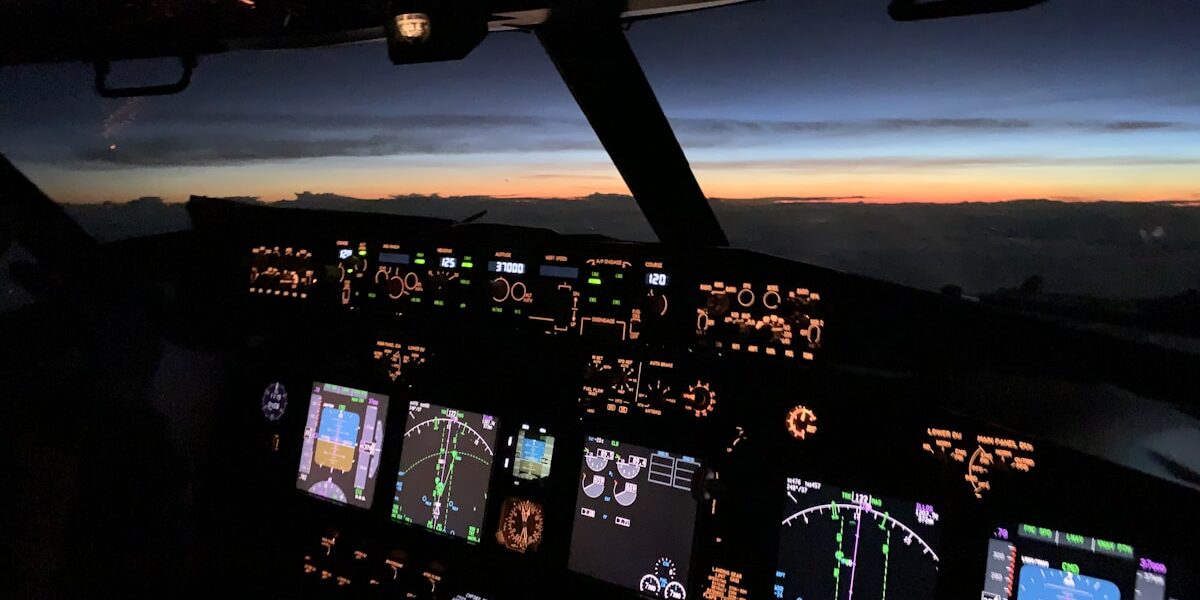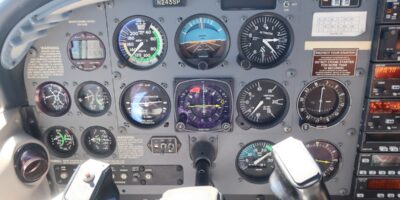Spirit Pilot Salary
Spirit Pilot Salary
Spirit Airlines is an ultra-low-cost carrier operating in the United States. Pilots working for Spirit Airlines are compensated in accordance with industry standards, although there are variables that can influence their overall salary.

Base Salary
Base salary is the key component of a pilot’s compensation. It is usually determined by the pilot’s experience and seniority. Seniority accrues with years of service at Spirit Airlines. Captains, having more responsibility than First Officers, receive a higher base salary. According to recent data, a Captain at Spirit Airlines might earn a base salary ranging from $150,000 to $210,000 annually. First Officers can expect to earn between $73,000 and $125,000 per year.
Flight Hours
Pilots are paid based on the hours they fly. The more hours they accumulate, the higher their earnings. Spirit Airlines pilots are contracted to fly a certain number of hours per month. If they fly additional hours, they are typically paid at an overtime rate. The standard rate for Captain might be approximately $250 per flight hour, while a First Officer might earn around $140 per flight hour.
Per Diem Allowance
Pilots receive a per diem allowance for meals and expenses when they are away from their home base. This allowance covers the cost of living during layovers. For Spirit Airlines pilots, the per diem might be around $2-$3 per hour for domestic flights and higher for international flights. This allowance can add a substantial amount to their overall earnings, especially for those who frequently fly long-haul routes.
Bonuses and Incentives
Pilots are often eligible for various bonuses and incentives. These can be based on performance, safety records, and other criteria. There might also be profit-sharing bonuses when the airline performs well financially. While specific figures for Spirit Airlines are not always disclosed, it’s common in the industry for bonuses to range from a few thousand dollars to a significant percentage of annual salary.
Other Benefits
Beyond salary, pilots receive additional benefits. These typically include health insurance, retirement plans, and travel privileges. Spirit Airlines offers competitive benefits packages that can enhance the overall compensation for their pilots. Travel privileges might include free or discounted flights for the pilot and their family. Health and retirement benefits are often comparable with those provided by other airlines.
Comparison with Other Airlines
Spirit Airlines’ salary and benefits package is competitive within the low-cost carrier segment. While legacy carriers like Delta and American Airlines might offer higher salaries, Spirit provides a solid compensation structure within the budget airline category. Pilots at legacy carriers often enjoy higher base salaries and more substantial bonuses, but Spirit Airlines’ lower cost structure allows them to maintain competitive pay scales for its pilots.
Career Progression
Career progression is another factor influencing pilot salary at Spirit Airlines. New pilots typically start as First Officers and advance to Captain positions as they gain experience. The timeline for promotion depends on factors like seniority, performance, and the airline’s operational needs. Advancement to Captain generally results in a significant pay increase and additional responsibilities.
Training and Qualifications
Pilots must undergo extensive training and meet strict qualifications to be hired. This includes obtaining a commercial pilot’s license, completing type ratings for specific aircraft, and accumulating several thousand flight hours. Spirit Airlines invests heavily in training to ensure pilots meet the highest safety and operational standards. This investment in training is reflected in the pilots’ compensation and benefits.
Union Representation
Many Spirit Airlines pilots are represented by unions, which negotiate on their behalf for better pay and working conditions. Union representation can lead to more favorable terms in employment contracts, including salary increases and improved benefits. The role of unions in negotiating pilot compensation is significant, helping ensure that pilots receive competitive salaries and advantageous working conditions.
Work-Life Balance
Work-life balance is an important consideration for pilots. Spirit Airlines aims to provide schedules that allow for adequate rest and personal time. The airline must comply with federal regulations on pilot duty and rest periods, ensuring that pilots are well-rested and ready to fly. A balanced work schedule is a key factor in pilots’ job satisfaction and overall quality of life.
Economic Factors
Economic conditions can affect pilot salaries. Recessions or downturns in the travel industry can lead to salary freezes or reductions. Conversely, periods of economic growth and high demand for air travel can result in higher salaries and bonuses. Spirit Airlines’ compensation policies are influenced by broader economic trends, impacting pilots’ earnings in response to market conditions.
Geographic Location
The cost of living in different geographic locations can impact pilot salaries. Pilots based in high-cost areas might receive higher pay to offset living expenses. Spirit Airlines has bases in various cities, and pilots’ earnings can vary depending on their base location. Higher salaries in certain regions reflect the need to ensure that pilots can maintain a reasonable standard of living.
Conclusion
Understanding the factors that influence Spirit Airlines pilot salaries provides insight into the aviation industry’s compensation structures. From base salary to benefits and bonuses, pilots’ earnings are shaped by numerous factors, reflecting the demanding nature of their profession and the value they bring to the airline.



